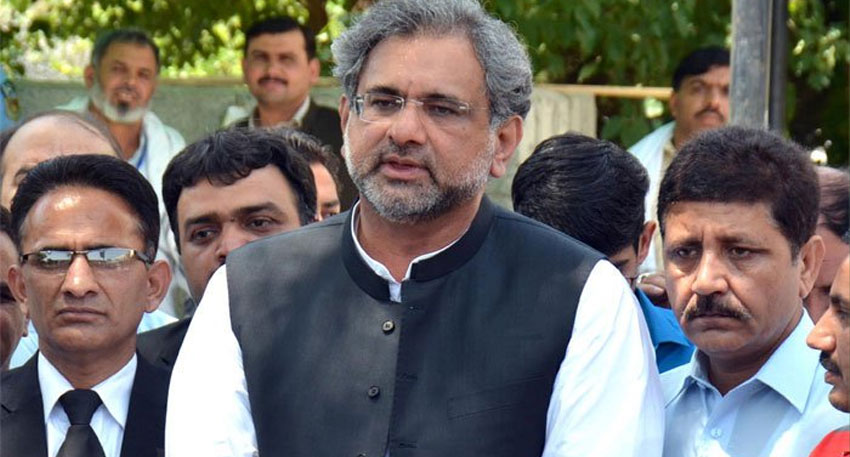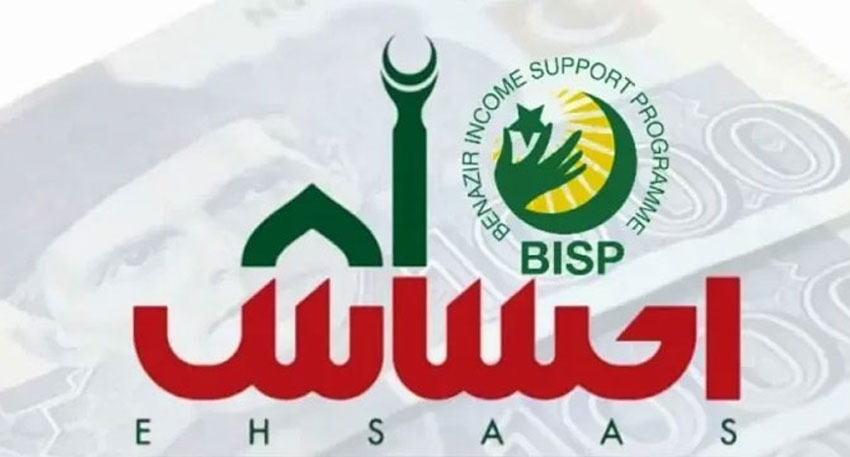
ISLAMABAD: Former Prime Minister and convener of the Awam Pakistan Party (APP), Shahid Khaqan Abbasi, on Thursday criticized the government for failing to represent the people and instead prioritizing the interests of a select few.
Addressing a press conference, Abbasi accused the authorities of manipulating sugar prices by controlling the supply of imported and locally produced sugar. He claimed that this deliberate pricing strategy transferred an estimated Rs300 to Rs400 billion from the pockets of ordinary citizens into the hands of sugar mill owners.
According to Abbasi, government policies have disproportionately benefited mill owners, while industries such as beverages and other manufacturing sectors have been forced to purchase sugar at inflated prices. He alleged that even now, an additional Rs1 billion is being funneled to sugar mill owners daily through retail sales, with no intervention from parliament, price control committees, or the government to safeguard consumer interests.
"This is the state of governance in the country," Abbasi remarked, highlighting that sugar prices have surged by 50 percent over the past year. He questioned why no one in the government has taken responsibility for the crisis, stating that the National Accountability Bureau (NAB) seems more interested in shielding corrupt business practices than ensuring accountability.Prime Minister and Deputy Prime Minister should admit their mistake.
He stressed that the primary duty of any government is to ease the economic burden on citizens, but successive administrations have failed to fulfill that role. Abbasi noted that traditional administrative measures are no longer sufficient to control market prices. He warned that a single rupee increase in sugar prices translates into a loss of Rs7 billion for the public.
The former premier criticized the ineffective role of various oversight bodies, including the cabinet’s sugar monitoring committee and several other price control committees. "Despite so many committees, the sugar price continued to rise. If there was already a shortage, why did the government allow exports?" he asked.
He also condemned the contradiction in policy, pointing out that while private companies were exporting sugar, the government was simultaneously importing it—at rates higher than the global market average. Abbasi concluded that sugar has not only become more expensive but also increasingly scarce, highlighting the failure of the current economic management.




